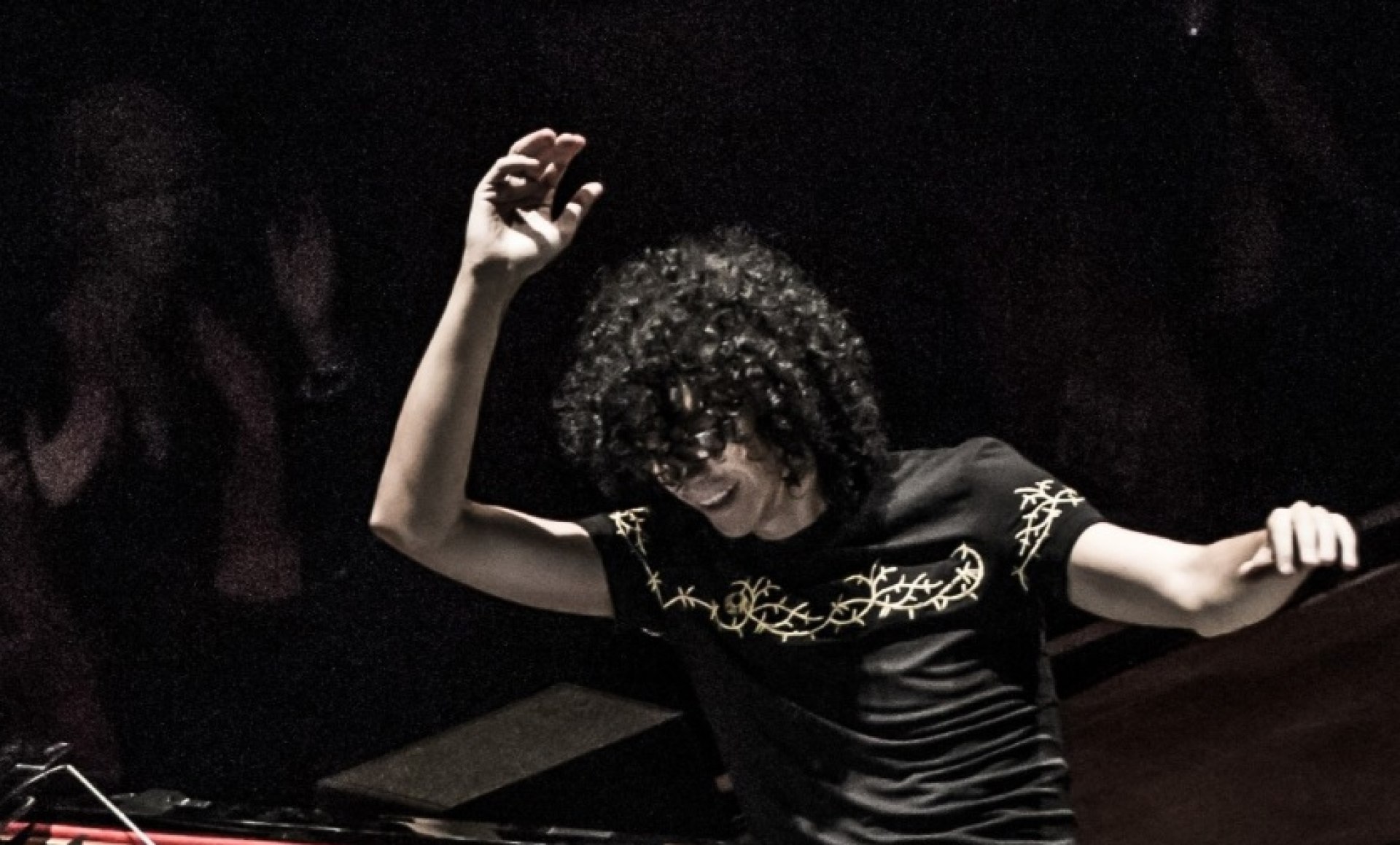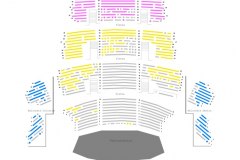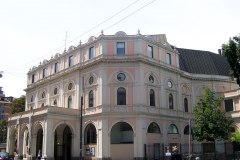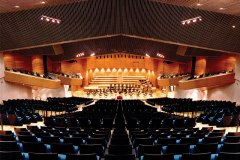Giovanni Allevi, Piano Solo
February 2025 | ||||||
|---|---|---|---|---|---|---|
Mo | Tu | We | Th | Fr | Sa | Su |
Inner freedom, torment, unrestrained joy, irregular rhythmic peaks, poignant melodies, flashes of genius. These are the worlds through which the tracklist of Giovanni Allevi's latest album unfolds, starting with KISS ME AGAIN, written during the pandemic, moving on to the restless OUR FUTURE, a piece associated with a profound reflection on the fate of the world, which was presented as a world premiere at the Cop26 in Glasgow, the United Nations Conference on Climate Change, where the artist was also named European Ambassador for the global organization Earth Day.
Maestro Allevi effortlessly transitions between tradition and contemporary styles, from the rhythms of Progressive Rock, to which he dedicates PROG ME, to the sacred atmospheres of MY ANGEL, and to the highly anticipated and acrobatic LUCIFER, which contains an ancient Gregorian melody, already deemed a masterpiece by critics, culminating in the intense sound waves of ESTASI, the piece that closes the collection and gives the album its title. The audience, loyal and engaged at every concert, is guided hand in hand through a liberating inner dynamic, leading to a cathartic explosion, evidenced by endless applause and the festive standing ovation that inevitably concludes the performance.
Program and cast
Teatro dal Verme
The Teatro Dal Verme is a theatre in Milan, Italy located on the Via San Giovanni sul Muro, on the site of the former private theatre the Politeama Ciniselli. It was designed by Giuseppe Pestagalli to a commission from Count Francesco Dal Verme, and was used primarily for plays and opera performances throughout the 19th and early 20th centuries. Today, the theatre is no longer used for opera, and is a venue for concerts, plays and dance performances, as well as exhibitions and conferences.
The original 3,000-seat theatre, surmounted by a large cupola, was constructed in the traditional horseshoe shape, with two tiers of boxes and a large gallery (or loggione) which alone contained more than 1000 seats. It opened on September 14, 1872 with a production of Meyerbeer's Les Huguenots and soon established itself as one of Italy's most important opera houses. During its "golden years", the theatre saw the world premieres of Puccini's Le Villi (May 31, 1884); Leoncavallo's Pagliacci (May 21, 1892) and I Medici (November 9, 1893); and Cowen's Signa (November 12, 1893). It also saw the Italian premiere of Lehár's The Merry Widow (April 27, 1907).
By the 1930s, the theatre was mainly being used as a cinema. It was then severely damaged by American aerial bombardment during World War II, after which its magnificent central cupola, which had survived the bombing, was stripped of all its metal parts by the occupying German army. It was partially rebuilt in 1946, and for a period in the 1950s it was used for the performance of musicals. It then reverted to a cinema and a political conference hall.
In 1991, the theatre's interior underwent a major restructuring and renovation project which was completed in 1998. It now has a large modern auditorium, the Sala Grande, with 1420 seats, a smaller performing space known as the Sala Piccola, with 200 seats, and a space for exhibitions and conferences, the Sala Terrazzo. Since September 2001, it has been administered

 EN
EN DE
DE IT
IT FR
FR ES
ES RU
RU JP
JP RO
RO
 Seating plan
Seating plan 
